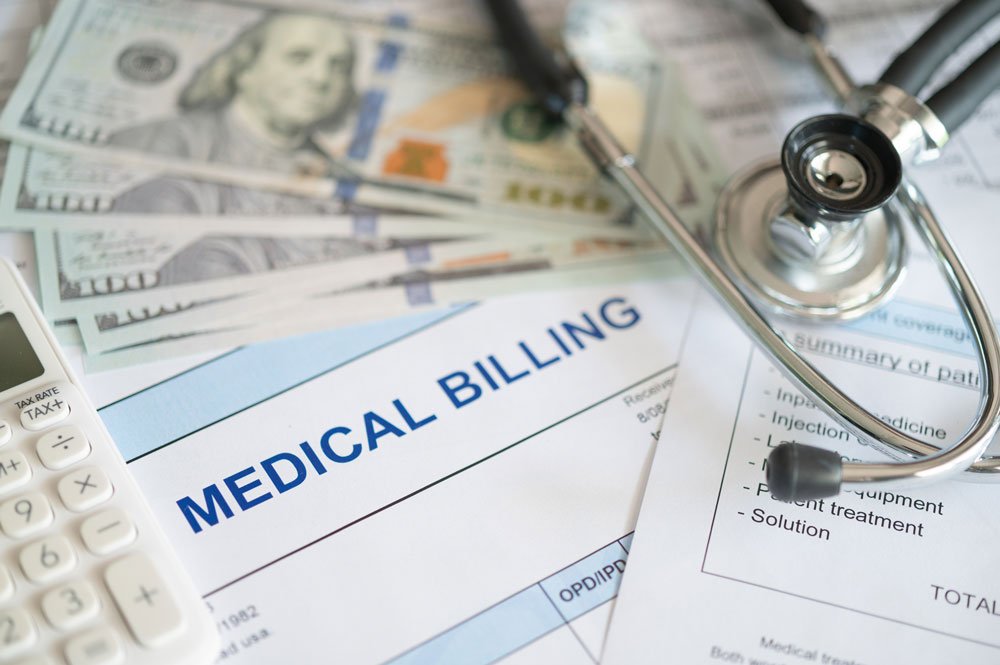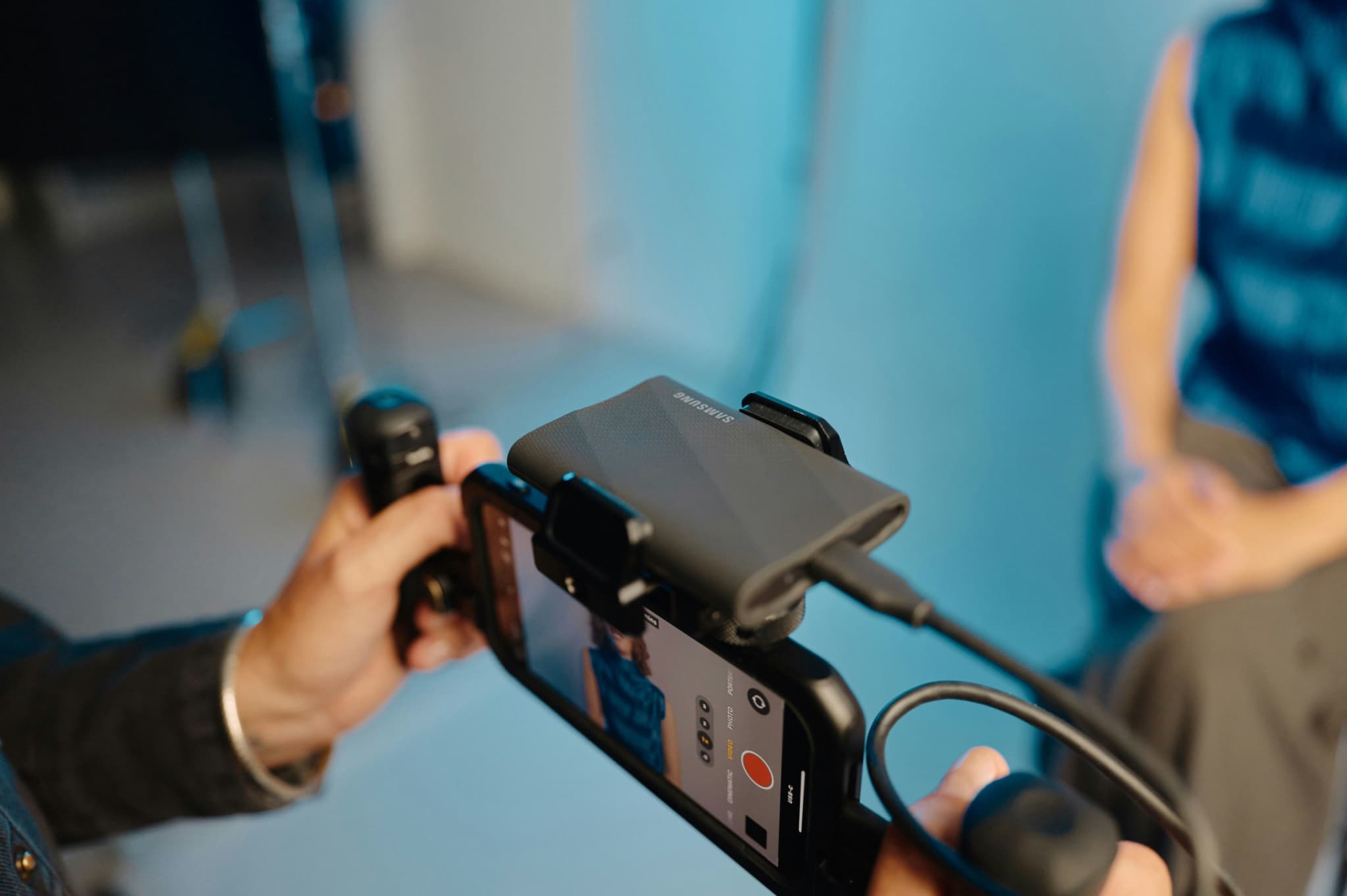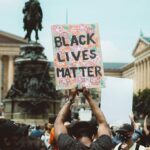
“At one point, I was getting so many medical bills that I just stopped opening them.”Anita is a two-time kidney transplant recipient. She knows what it is like to go back and forth to the hospital to receive the care that she needs to survive. She also knows that receiving this care often leaves her saddled with medical debt. Anita has experienced being on Medicaid at one point after losing her job. She has also racked up thousands of dollars in medical debt, even while working and using her employer-provided insurance that required a $3000 deductible to be paid before insurance would even kick in.
“At one point, I was getting so many medical bills that I just stopped opening them,” Anita said in an interview with NPQ. “I had to ask to be put on payment arrangements.”
Then one day, Anita received an unexpected letter in the mail stating that $ 2,500 of her medical bills had been paid off by Undue Medical Debt—a nonprofit founded by former debt collection executives that purchases medical debt from debt collectors and healthcare providers, then relieves the debt, no strings attached. For Anita, this support did not completely alleviate her medical debt, but it did offer some relief.
“It really helped—it cleared me up to tackle another bill,” Anita said.
Anita’s story is not an anomaly. In America, nearly 20 million people are burdened with medical debt. One in 12 people owes a significant debt to a healthcare provider, with Americans overall owing at least $220 billion in medical debt. Medical debt is particularly pronounced in the South, the region with the largest Black population in the country, and where states have largely refused to expand Medicaid under the Affordable Care Act. In fact, as reported by the Roosevelt Institute, “Black households with health insurance coverage are as likely to hold medical debt as non-Black households that do not have health insurance coverage.”
As NPQ previously reported, the recent passage of the GOP tax bill, which is expected to push millions of people off Medicaid, could funnel an additional 2.8 million people into medical debt. According to a report from Third Way, a think tank based in Washington, DC, medical debt for families could increase by as much as $22,800. Low-income families, and people of color in particular are expected to be disparately impacted, with over 13 million Black Medicaid recipients and more than 19 million Latine Medicaid recipients at risk of losing their healthcare benefits, according to estimates by the Economic Policy Institute.
Compounding this crisis is the fact that a federal judge in Texas recently overturned a rule that would have removed medical debt from credit reports. As Axios noted, this rule, which was finalized by the Consumer Financial Protection Bureau (CFPB) in January before Biden left office, would have “wiped an estimated $49 billion from some 15 million Americans’ credit reports and prevented lenders from using medical information in their decision.” Yet earlier this month, Trump-appointed US District Court Judge Sean Jordan removed the policy, stating that it exceeded the CFPB’s authority.
“Black households with health insurance coverage are as likely to hold medical debt as non-Black households that do not have health insurance coverage.”
Nonprofit Interventions
With more people expected to fall into medical debt and with less action being taken by the federal government to offer them relief, the work of nonprofit organizations like Undue Medical Debt is more critical than ever.
Founded in 2014, the organization selects its debt relief recipients based on income or the percentage of income compared to medical debt. To be eligible for debt relief, recipients must have an income below 400 percent of the federal poverty line, or about $100,000 for a family of three; or medical debt that is more than 5 percent of their annual income.
This month alone, the organization’s work includes paying off $63 million in medical debt for more than 45,000 people in New Mexico. The organization recognizes that paying off people’s medical debt is necessary within a system that burdens individuals with debt for seeking the care they need. But they also recognize that it is not a solution to the systemic problem that funnels people into debt to begin with. “The solution is that people need to have access to affordable health insurance,” Ruth Landé, vice president of provider relations at Undue Medical Debt, told the Albuquerque Journal.
Meanwhile, a Portland-based organization, Dollar For, which was founded in 2012, is also doing its part to tackle the medical debt crisis. Since its founding, the group has eliminated over $100 million in medical bills for people nationwide.
As a condition of their nonprofit status, federal law requires nonprofit hospitals to provide a certain amount of free or discounted services, referred to as charity care. However, the eligibility criteria, application procedures, and levels of charity care provided varies from hospital to hospital. And too often, hospitals do not make this policy readily known to patients. In fact, a 2019 analysis from KFF Health News found that, over the course of a year, nearly half of all nonprofit hospitals regularly sent bills to patients who likely qualified for charity care, totaling $2.7 billion in bills to. Kaiser Health News found that nearly half of nonprofit hospitals are regularly sending bills to patients who meet the criteria for charity care.
To combat this, Dollar For helps people determine if they qualify for financial assistance and navigate the application process. The group now has a goal of eliminating half a billion dollars of medical debt over the next four years.
“The solution is that people need to have access to affordable health insurance.”
It’s evident that programs like Undue Medical Debt and Dollar For are critical, especially as concern grows about how the GOP tax bill will impact people.
Anita, who works directly with people who rely on Medicaid coverage, foresees intense economic difficulty based on their experiences—and her own—as healthcare becomes less accessible in the coming months.
“I’m middle-income right now, but I was just making it with my paycheck and basic expenses,” she said. “It wasn’t like I was going out splurging and wasting my money. Just trying to keep my head above water.”














